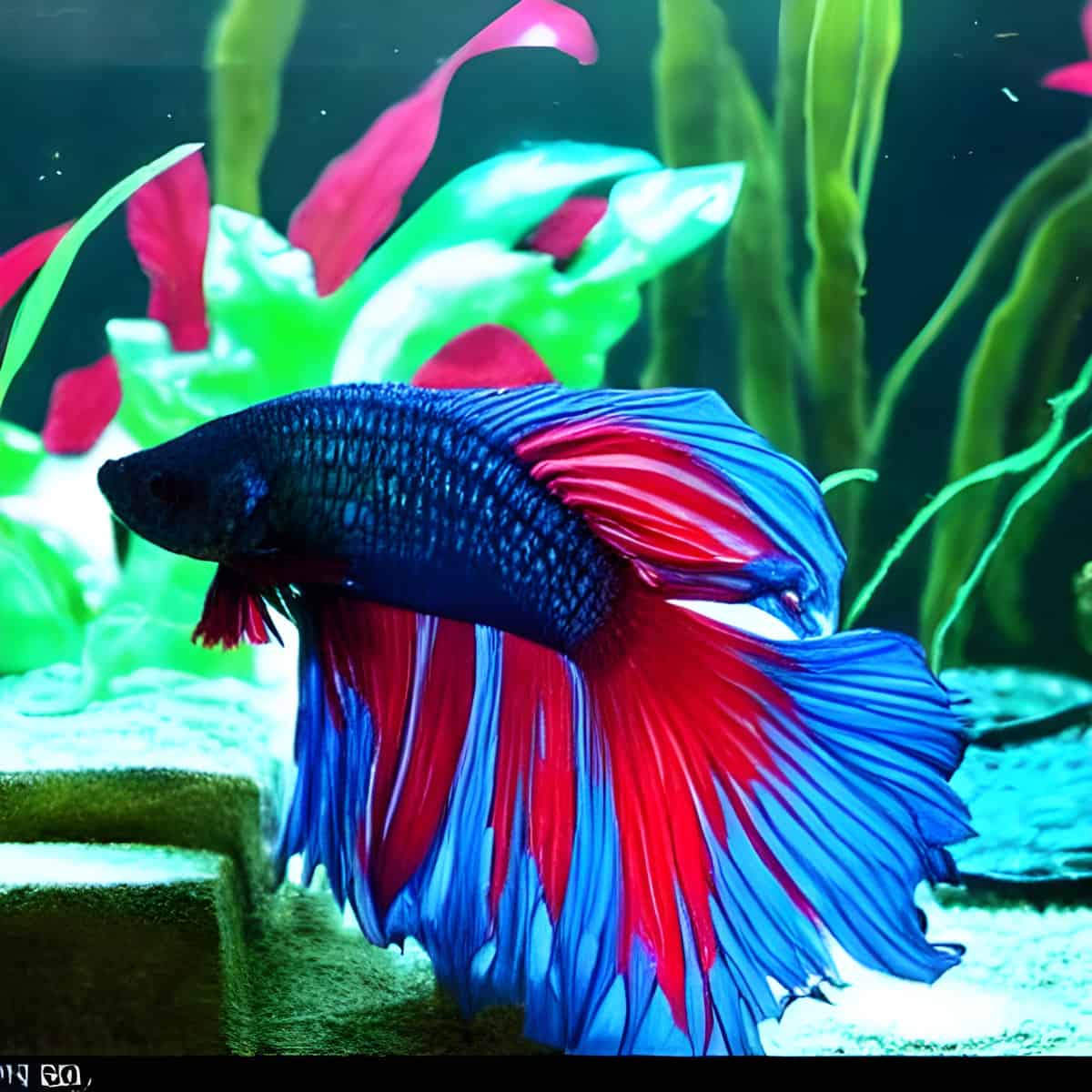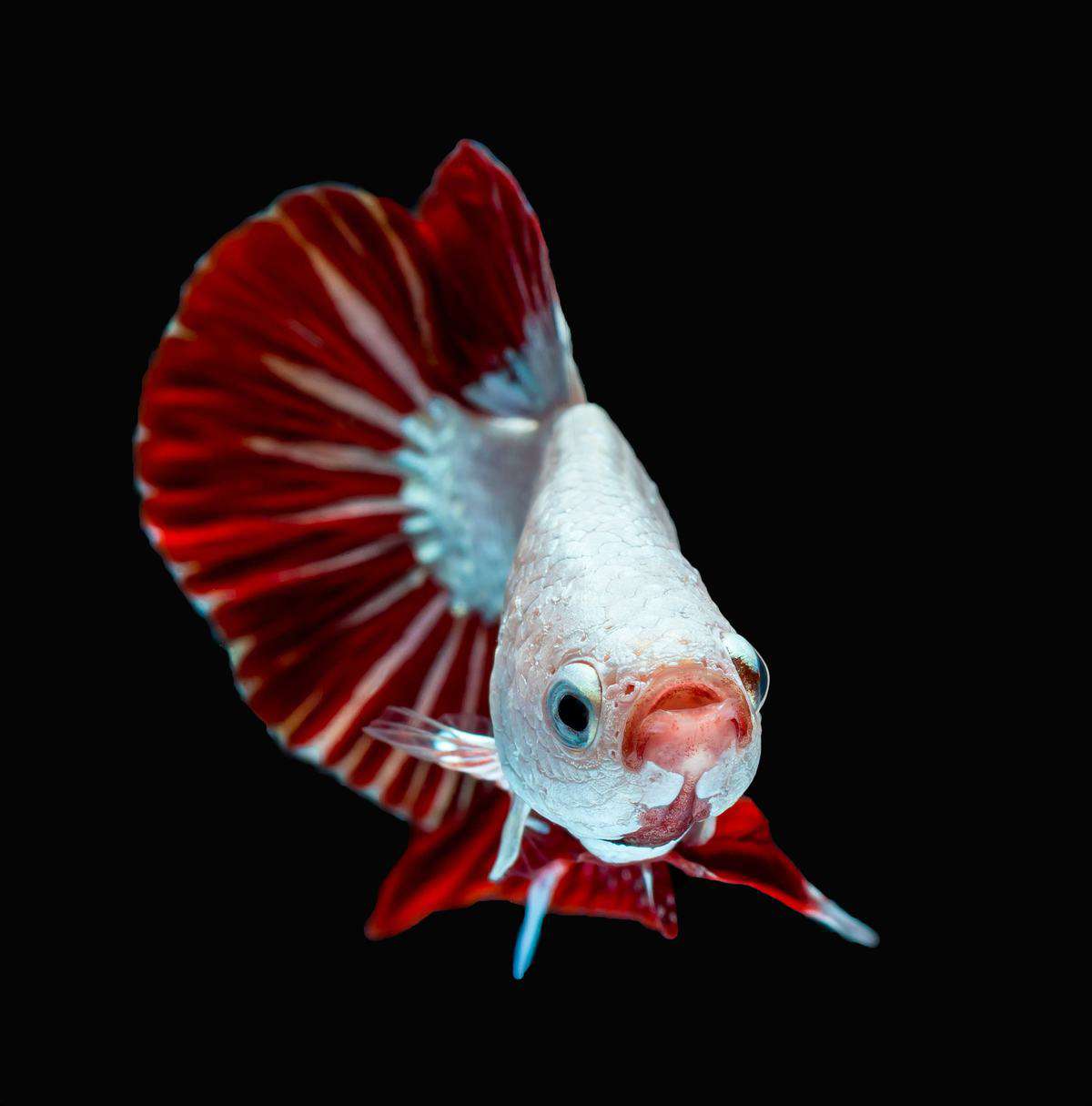A Lot Of Bubbles In Betta Fish Tank
Betta fish are a popular choice for many aquarium enthusiasts due to their vibrant colors, unique personalities, and fascinating bubble nests they create. As a sign of parental care, male bettas construct bubble nests made of mucus and air to serve as resting places for eggs. However, not all bubble nests are created equal, and a lot of bubbles in a betta fish tank can indicate a variety of things.
In this article, we will explore the importance of bubble nests in betta fish, including their role in reproduction and signs of a healthy male fish. We will also provide tips for maintaining a healthy tank environment and caring for your betta fish. Whether you are a seasoned betta fish owner or considering adding one to your collection, understanding the significance of bubble nests can help you provide the best possible care for your aquatic friend. So dive in, and let’s explore the world of betta fish and their bubbles.









